A BBC icon has revealed he once made a documentary so disturbing it was banned for 20 years before the broadcaster made a major U-turn.
One of the most shocking programmes Former host Michael Aspel ever worked on was banned from airing for two decades because it was deemed too disturbing for television audiences.
Best known for fronting family favourites like This is Your Life and Ask Aspel, the now 92-year-old presenter took a dramatically darker turn when he was asked to narrate a harrowing pseudo-documentary about nuclear war.
The film, The War Game, was commissioned by the BBC in 1965 to mark the 20th anniversary of the atomic bombings of Hiroshima and Nagasaki.
The 47-minute drama imagined a chilling scenario in which conflict between NATO and the USSR escalated into a full-scale nuclear attack on Britain, leaving millions dead or severely injured and the country reduced to a radioactive wasteland.
Shot in a documentary style to mimic a government broadcast, the film was so realistic and horrifying that the BBC pulled it before it could ever be shown.
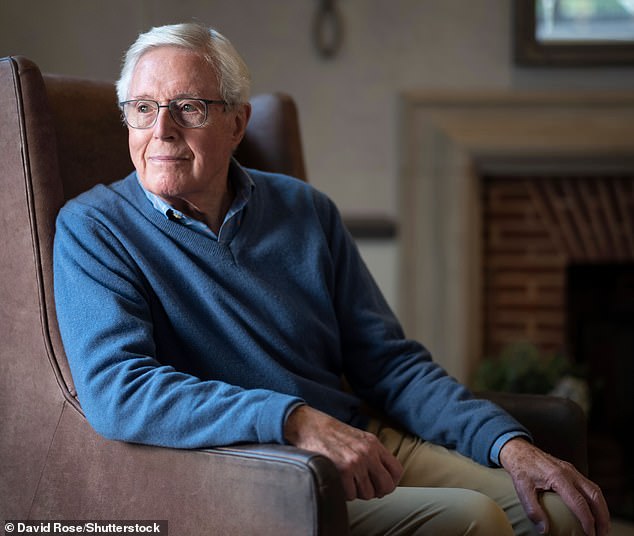
Michael Aspel has revealed he once made a documentary so disturbing it was banned for 20 years before the BBC made a major U-turn
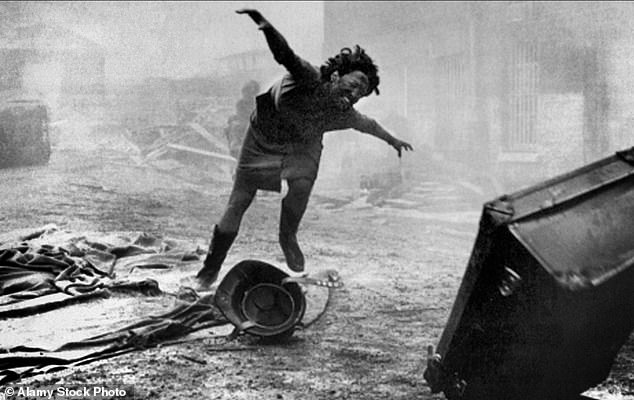
The film, The War Game, was commissioned by the BBC in 1965 to mark the 20th anniversary of the atomic bombings of Hiroshima and Nagasaki
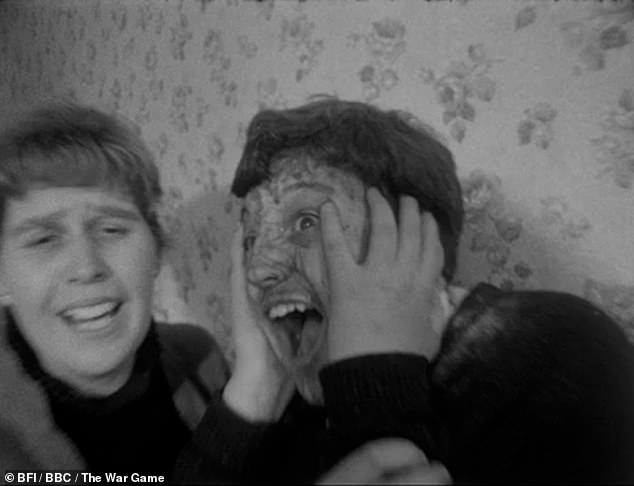
The 47-minute drama imagined a chilling scenario in which conflict between NATO and the USSR escalated into a full-scale nuclear attack on Britain
It wasn’t until 1985, 20 years later, that it was finally aired to mark the 40th anniversary of the bombings.
In a new BBC special Michael Aspel Remembers…The War Game, the veteran broadcaster lifts the lid on the controversial production and why it was shelved for so long.
At the time, Aspel was a respected BBC newsreader, which made him an ideal choice for director Peter Watkins, who wanted the film to appear as authentic as possible.
Michael reveals that the project was designed to closely resemble an official government warning.
But after the government was shown early cuts of the film, Aspel believes it may have played a part in its abrupt cancellation.
He says Watkins always believed it was ‘government interference’ that led to the ban.
The documentary also reveals that while the BBC insisted it alone made the decision not to air the film, ‘Whitehall would be relieved if the BBC chose not to show it’.
Then-Director General Hugh Carleton Greene claimed politics were not involved, saying the footage was so ‘shocking’ he feared someone might watch it and ‘throw themselves under a bus’ afterwards.
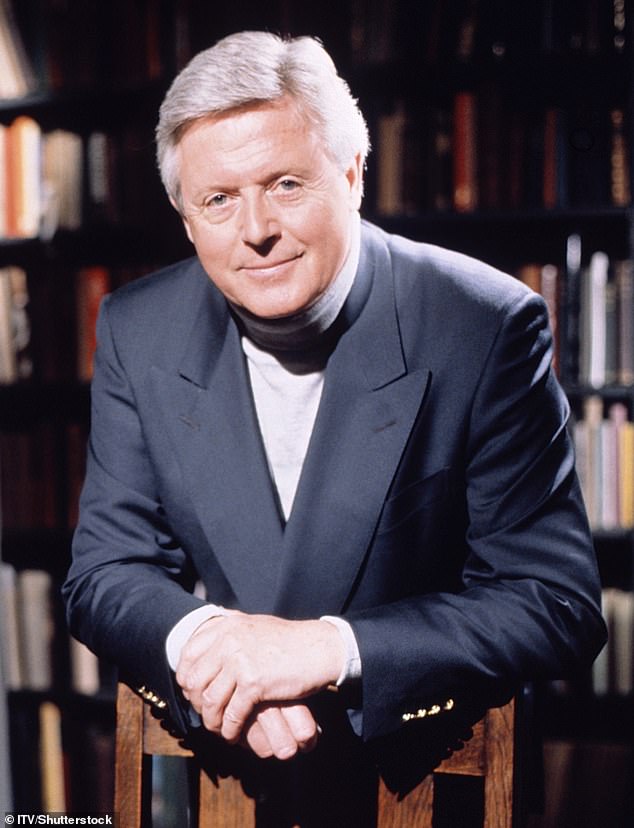
At the time, Aspel (pictured in 1993) was a respected BBC newsreader, which made him an ideal choice for director Peter Watkins, who wanted the film to appear as authentic as possible
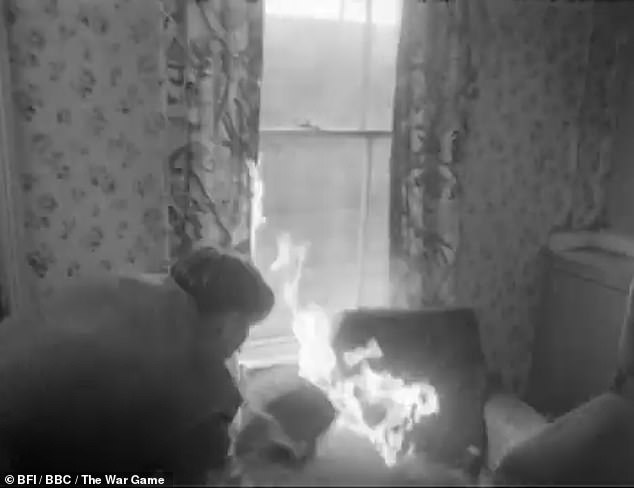
Shot in a documentary style to mimic a government broadcast, the film was so realistic and horrifying that the BBC pulled it before it could ever be shown
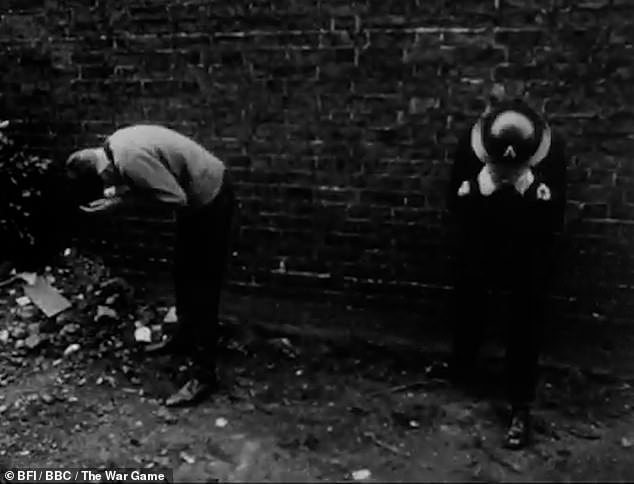
It wasn’t until 1985, 20 years later, that it was finally aired to mark the 40th anniversary of the bombings
However, archival footage of Labour MP Tony Benn paints a different picture. In it, Benn says Home Secretary Frank Soskice ordered him to block the broadcast.
‘I was only his master’s voice and had nothing to do with it… so I had to send a directive to Carleton Greene saying “You must not broadcast it”… I greatly regret that I capitulated,’ he admits.
Meanwhile, Huw Wheldon, who was Head of Documentaries at the time, claimed in 1983 that the Harold Wilson government was worried the film would be seen as promoting nuclear disarmament and pushing a pacifist Campaign for Nuclear Disarmament (CND) message.
Despite being banned from television, Wheldon ensured The War Game was shown at international film festivals.
In 1967, it went on to win the Academy Award for Best Documentary Feature.
Michael Aspel Remembers…The War Game will air on BBC 4 on July 30 at 10pm











